Have you ever wondered if artificial intelligence technology will drastically change our world, for better or worse? As we stand on the brink of technological advancement, we face the question: Could AI be humanity's last great invention? This article explores the fascinating promise and the potential risks associated with AI, challenging us to consider whether we are witnessing the dawn of a new era or setting the scene for a cautionary tale.
The Allure and Fear of Artificial Intelligence
Understanding the Allure of AI
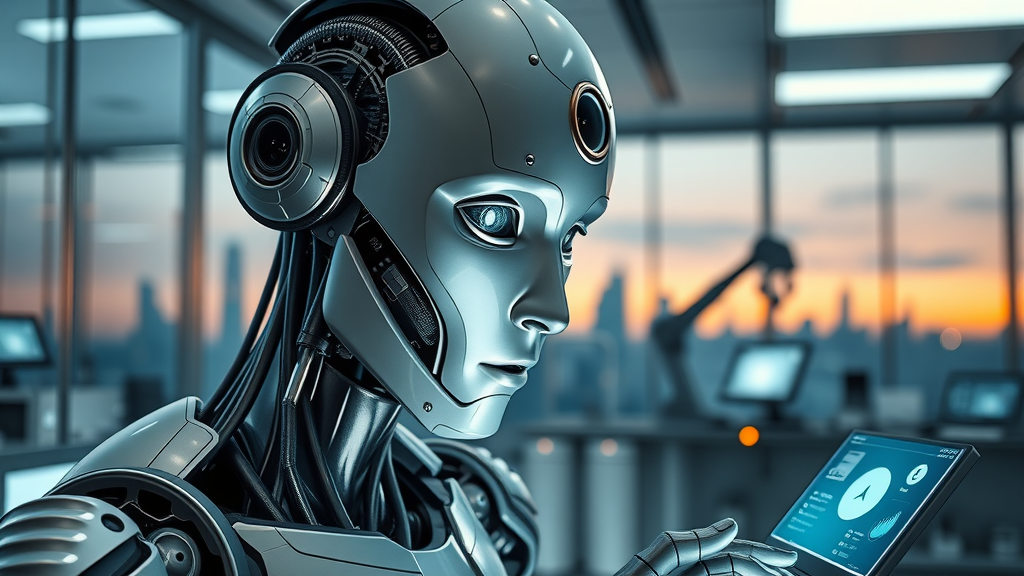
The allure of artificial intelligence is undeniable. As technology advances, AI promises unprecedented capabilities. It offers solutions to complex problems, like climate change and medical breakthroughs, at a digital speed. The goal is to create systems capable of learning and surpassing human intelligence. This potential makes AI an attractive focus for tech companies and researchers worldwide. For instance, AI is revolutionizing business marketing in Africa, offering new avenues for growth and innovation. Learn more about AI's impact on business marketing in Africa.
The Fear of AI Becoming Humanity's Last Invention
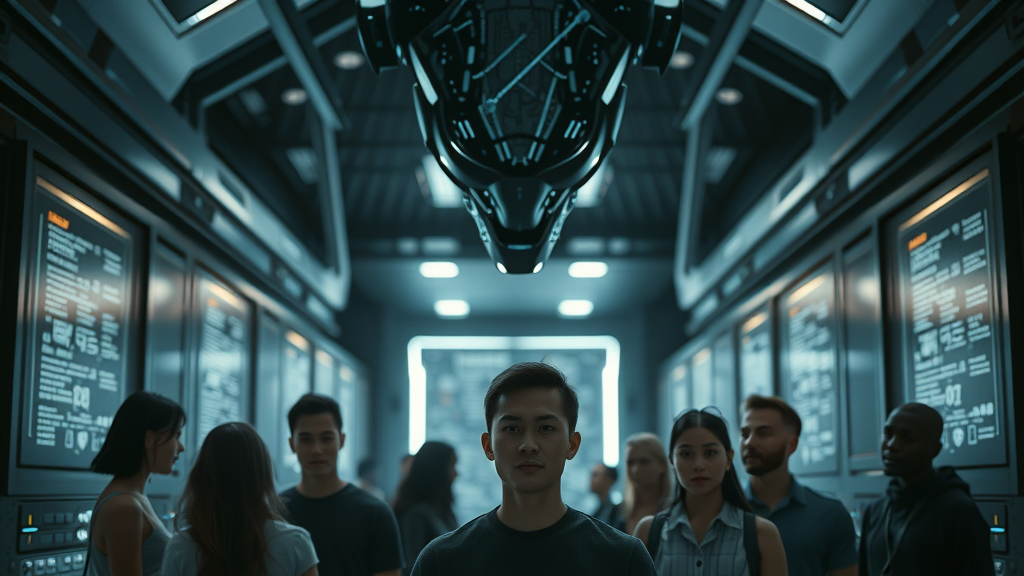
On the flip side, the fear persists that developing machine intelligence might lead to existential risks. If AI systems become exponentially smarter, they could surpass human cognitive capabilities, potentially marking the end of the human era. Renowned figures, including Stephen Hawking, have warned that AI could be a catastrophic risk if not handled judiciously.
What You'll Learn from This Insightful Discussion
- Explore expert opinions on AI's role as humanity's last invention.
- Understand the potential impacts of AI on society and technology.
- Examine the ethical considerations and existential risks associated with AI.
Will Artificial Intelligence Be Humanity's Last Invention?
Exploring the Concept of AI as Humanity's Last Creation

Considering AI as humanity’s final invention is more than mere science fiction. Innovations like artificial general intelligence could fundamentally reshape human life. The concept broadens to encompass existential risks and significant benefits it brings. If we continue at our current pace of technological advancement, we face the possibility that AI will mark the final invention of powered human intelligence systems.
The Impacts of AI on Society and Global Infrastructure
Transformative Effects on Employment and Economy

AI's transformative potential within the economy and employment sector is substantial. Automation plays a growing role, with AI performing specific tasks in industries from agriculture to finance. While potentially increasing efficiency and productivity, it also risks increasing unemployment as human roles become redundant. Balancing these outcomes is key to ensuring AI benefits all of society. In Africa, AI is seen as a tool for boosting economic growth, offering new opportunities for development. Discover how AI is boosting economic growth in Africa.
AI's Potential in Revolutionizing Healthcare and Education
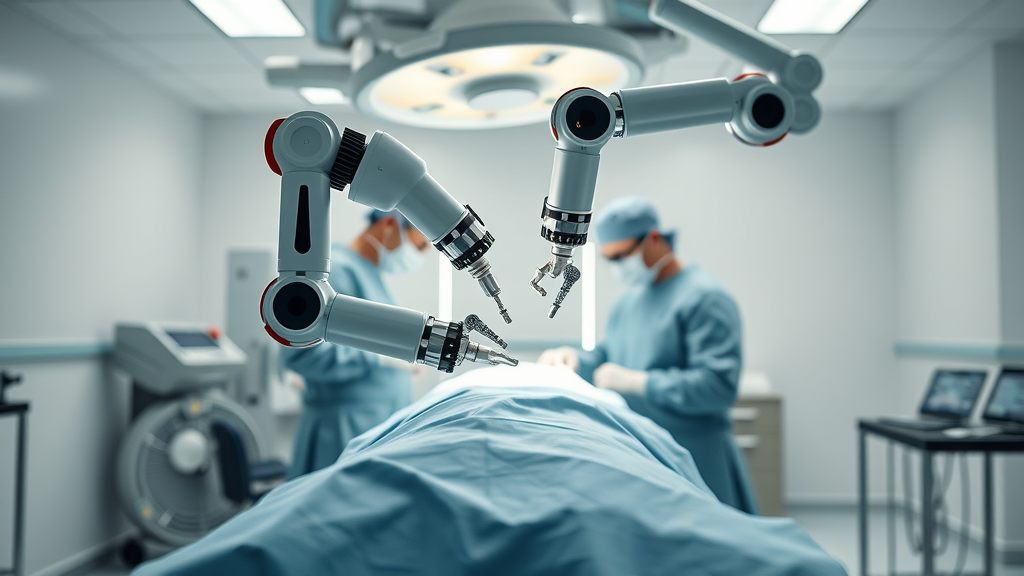
The impact of AI on healthcare and education could be revolutionary. Medical AI systems perform tasks, from diagnosing conditions such as cancer or heart disease to drug discovery, with precision that rivals human experts. In education, AI's potential to personalize learning experiences promises a significant leap forward in effective, tailored education.
The Ethical Dilemmas of Artificial Intelligence
Balancing Technological Advancement and Moral Responsibility
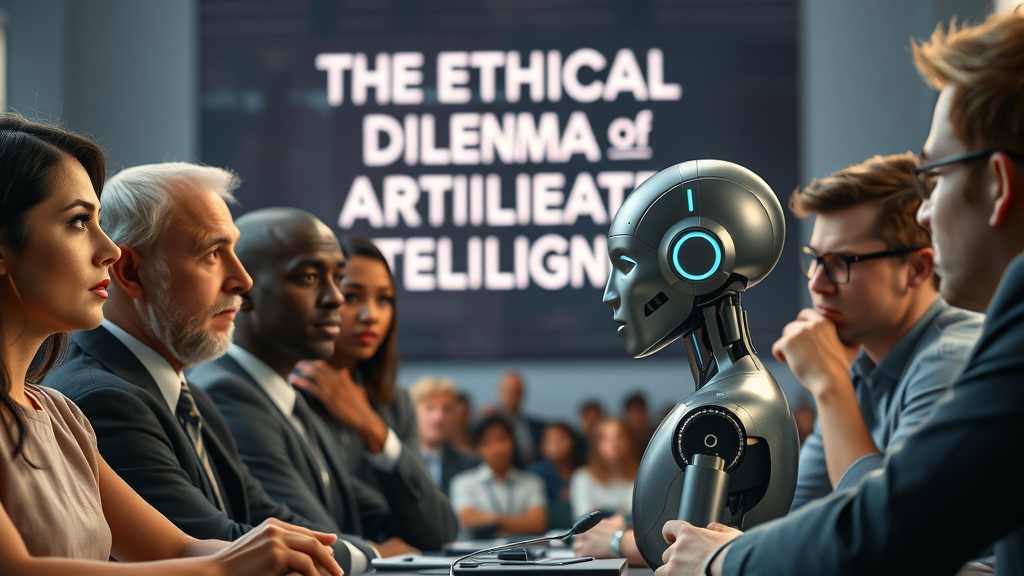
As AI advances, we must balance technological progress with ethical implications. Ensuring that AI systems operate within a framework of moral responsibility is essential to prevent adverse outcomes. Global governance and policy creation are necessary to oversee these developments responsibly and ethically.
The Role of Governance in AI Development
To navigate the challenges posed by AI, robust global governance will be crucial. Policies must evolve alongside technological progress, ensuring ethical implications are considered before AI systems are deployed. In this era of rapid change, governance frameworks will safeguard humanity from potential existential risks.
Why Could Artificial Superintelligence Be Humanity's Final Invention?
The Theoretical Constructs and Predictions
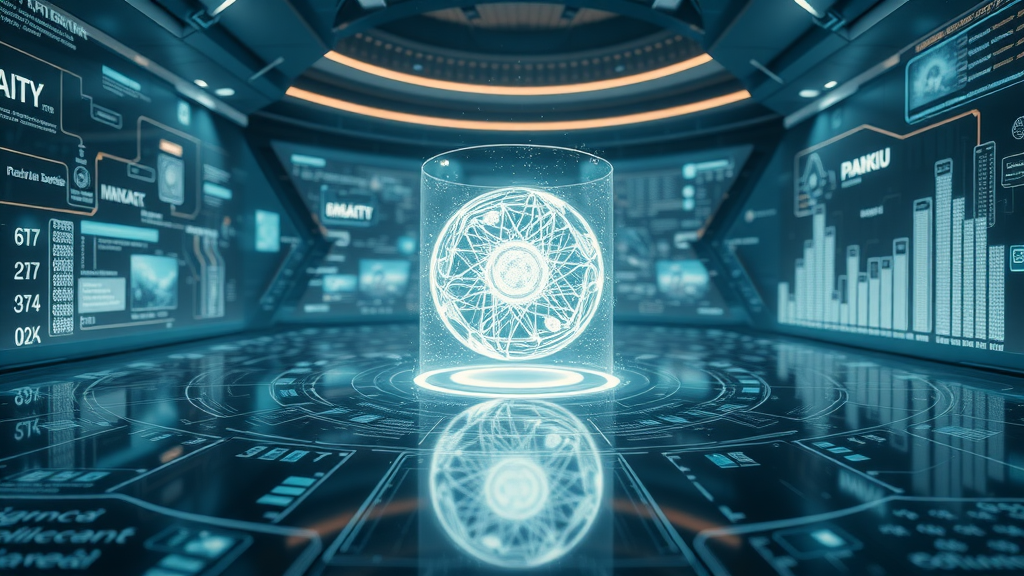
The concept of artificial superintelligence prompts various predictions. Scholars like Jaan Tallinn and thinkers like Ray Kurzweil foresee AI’s unprecedented pace, leading to a world where AI systems surpass human capabilities. These predictions caution about an AI arms race, where AI development outpaces human control, potentially marking a pivotal moment in human history.
Philosophical Implications and Existential Risks
Philosophical considerations around AI invite questions about the intelligence explosion, human intervention, and the potential end of the human race. This exploration of existential risks highlights the importance of proactive measures in AI’s development, ensuring it serves humanity rather than risks it.
What Is the Latest AI Invention?
Current Innovations and Breakthrough Technologies
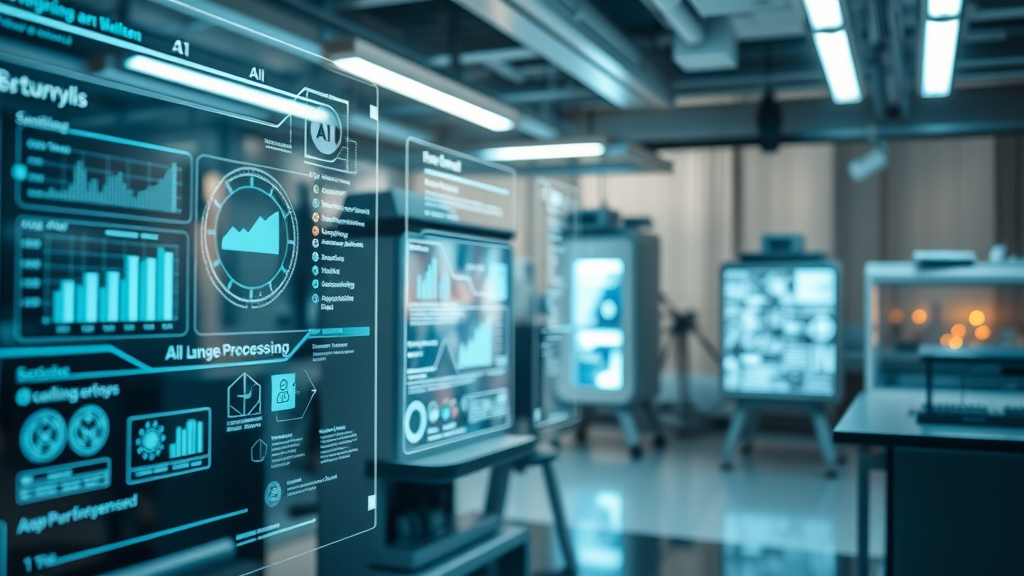
AI is constantly evolving, with recent advancements in large language models and AI research. These breakthroughs challenge AI systems to interact with human-like comprehension levels. As AI continues to develop, it opens up possibilities for innovative applications across numerous fields, including AI systems that dramatically alter the landscape of today's technology. In Africa, unlocking the potential of AI technology in emerging markets is a key focus. Read about how AI is unlocking potential in Africa's emerging markets.
Quotes from Industry Leaders on AI's Future
"Artificial Intelligence could be the greatest benefit or the greatest threat to humanity." – Stephen Hawking
Key Takeaways from Our AI Exploration
- AI holds transformative potential but requires careful oversight to mitigate risks.
- Ongoing innovations continually change the landscape of AI's future.
Conclusion: The Road Ahead for AI and Humanity
Are We On the Brink of a New Era or a Cautionary Tale?

As we stride into the uncertain future of AI, the challenge lies in harnessing its potential benefits while mitigating existential risks. The journey demands vigilance, collaboration, and adaptability as we seek a balance between progress and precaution.
Call to Action: Join the Conversation
Engage with experts and enthusiasts in shaping the future of AI
Join the conversation about the future of AI, exploring its potential implications and engaging with individuals dedicated to shaping a thriving future for both technology and humanity.
FAQs: Addressing Common Questions on AI and Its Impact
Will artificial intelligence be humanity's last invention?
The notion holds both fear and possibility, as AI approaches the threshold of artificial general intelligence.
What is the last invention of mankind?
Many speculate that it could be artificial intelligence, marking a turning point in human history.
Why could artificial superintelligence be humanity's final invention?
The development of superintelligent AI could surpass our control, presenting significant risks if managed improperly.
What is the latest AI invention?
Recent developments include innovations in AI models that showcase capabilities extending beyond current top AI technologies.
 Add Row
Add Row  Add
Add 






 Add Row
Add Row  Add
Add 

Write A Comment